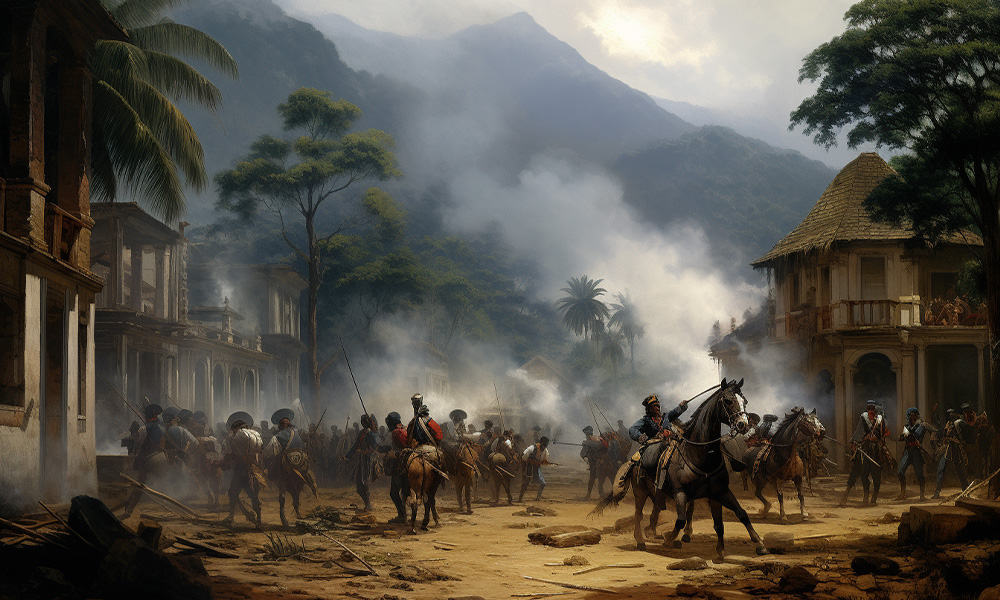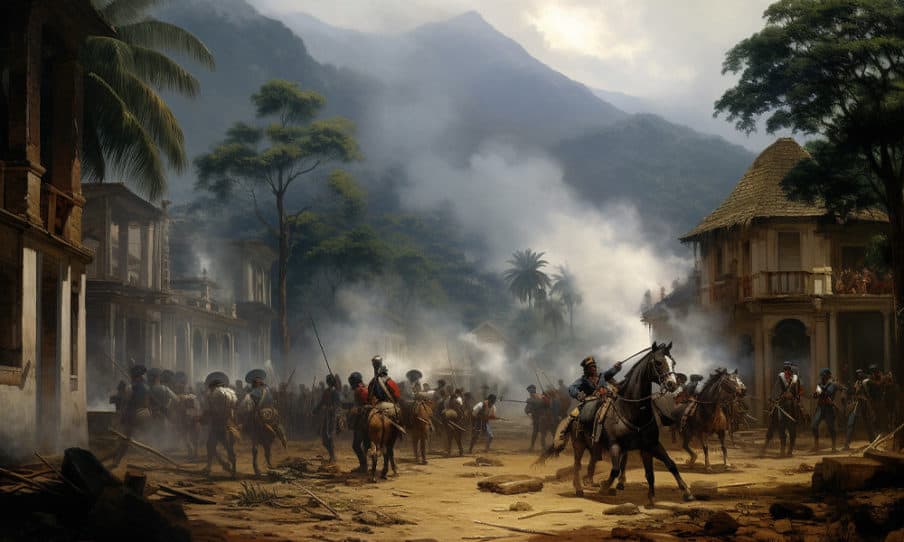
The Filibuster War was a key conflict in Costa Rican history that took place in the mid-19th century. It involved several filibuster expeditions – unauthorized military campaigns to overtake territory within Central America.
While filibusters had been occurring throughout the region, the ones launched against Costa Rica proved to be most significant. This war marked a major turning point that shaped the country moving forward.
The Start of the Campaigns
In the 1850s, the United States was increasingly interested in expanding its territory deeper into Central America. Wealthy American expansionists saw opportunities to gain control over these nations to benefit their business interests. Costa Rica became a key target, given its strategic location connecting North and South America.
The person spearheading the effort was William Walker, an American doctor, lawyer and adventurer who had previously led filibuster campaigns in Mexico and Nicaragua. In 1855, he set his sights on conquering the northwestern region of Costa Rica, specifically the city of Guanacaste.
Walker enlisted a group of several hundred mercenaries and arrived on a ship at the Santa Elena Peninsula. From there, they launched an attack into Costa Rica.
At first, Walker’s force gained some ground. They were able to take control of Guanacaste. However, the Costa Rican government responded quickly to protect its land. President Juan Rafael Mora Porras called upon citizens to take up arms and face Walker’s men.
He was able to build an army of over 2,000 volunteers. This included farmers, artisans and people from other walks of life ready to defend their country.
The Costa Rican Resistance
What Walker had not anticipated was the power of the local resistance against him. The sheer number of Costa Rican volunteers dwarfed his mercenary force. Citizens were motivated to protect their sovereignty and self-governance from foreign domination.
On March 20, 1856, the decisive Battle of Santa Rosa took place near Liberia, the capital of Guanacaste. Led by President Mora, the Costa Rican volunteers engaged Walker’s men in combat. Despite inferior weapons and lack of formal training, the locals prevailed due to their high morale, passion for their homeland, and absolute numerical superiority. This decisive defeat forced Walker to retreat and abandon his plans to conquer Costa Rican territory.
This victory was a source of great pride for Costa Ricans. It proved the strength and resolve of everyday citizens fighting for their independence. While filibuster attacks would continue across Central America, Costa Rica had succeeded in protecting its land. They had secured an important victory through the power of unified citizen idealism.
The Aftermath
The successful expulsion of Walker’s force had several important effects on Costa Rica moving forward. First, it solidified and strengthened national identity in a young country still establishing itself after independence from Spain in 1821. Fending off foreign attackers was unifying for its people.
Second, it ensured that Costa Rica would remain a sovereign, self-governing nation throughout the 19th century. Had Walker succeeded, the country could have fallen under foreign control and domination. By defeating the filibusters, Costa Ricans were able to safeguard their independence and right to democratic self-rule.
Finally, it fortified Costa Rica’s commitment to having no armed forces. After disbanding military forces in 1948, the country’s stability and security depends on diplomacy, democratic ideals, and the strength of engaged citizens. The Filibuster War proved that everyday people could triumph when motivated by love for their country.
The Filibuster War has entered history books as a courageous victory of perseverant locals defeating a formidable foreign threat. This inspiring triumph of national spirit continues to be a source of pride for Costa Rica to this day. It serves as an important reminder of the power citizens have when united around shared goals and values.

